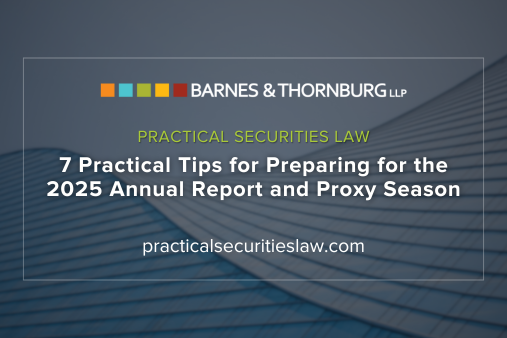In a second wave of revisions, the U.S. Patent and Trademark Office (USPTO) finalized Amendments to the Rules of Practice for Trials Before the Patent Trial and Appeal Board (PTAB) under 37 C.F.R. § 42. The new rules largely accept the changes as proposed in August 2015. 81 Fed. Reg. 18750. Among the more meaningful changes, the rules now:
- Allow submission of new testimony evidence with a preliminary response
- Apply the Phillips-claim construction standard to claims of a patent that expires during the proceeding
- Require a certification for filed papers
- Impose word count limits in lieu of page limits for major briefings
New testimony. With these latest changes, patent owners can now submit new testimony with a preliminary response, including expert testimony, under Rules 107, 207, and 300. However, genuine issues of material fact created by the new testimony evidence “will be viewed in the light most favorable to the petitioner,” in deciding whether to institute. 37 C.F.R. §§ 42.108(c), 42.208(c). The new rules also now expressly invite petitioners to seek leave to file a reply to the preliminary response¬¬—a practice formerly entertained only under the PTAB’s “catch-all” provisions.
Claim construction. The PTAB will continue to apply the broadest reasonable interpretation standard for claim construction, except for claims of patents expiring before a final written decision is required. 37 C.F.R §§ 100, 200, 300. For such expiring patents, the new rules permit parties to seek a “district-court type claim construction approach” (Phillips) by motion accompanied with a certification that the patent will expire within 18 months from the entry of the Notice of Filing Date Accorded to the Petition.
Certification and duty of candor. Dramatically expanding the duty of candor before the PTAB under Rule 11, the new rules create a “Rule 11-type” certification for all papers filed in PTAB proceedings. Under part (d), the PTAB may impose sanctions for violation of these new requirements, and may consider motions for sanctions by the parties.
The new changes also convert the previous page limits for petitions and other major briefs into word limits. Motions and less major briefs retain page limits under Rule 24. The USPTO declined to pursue a pilot program augmenting the process for institution of decisions and also declined to make any changes regarding additional discovery. The USPTO emphasized the suitability of the Garmin factors in handling additional discovery and indicated that it expects to add further discussion on additional discovery topics to the Office Trial and Practice Guide.
The latest rule changes appear to reflect a natural evolution of trial practice before the PTAB. Although the USPTO declined to resolve questions on certain impactful topics, such as additional discovery, the promise for a more robust discussion within the Office Trial and Practice Guide acknowledges that further guidance on a range of topics is desirable.
A copy of the Federal Register can be found here.
For more information, contact the Barnes & Thornburg attorney with whom you work or a member of the firm’s Intellectual Property Law Department in the following offices: Atlanta (404-846-1693), Chicago (312-357-1313), Columbus (614-628-0096), Dallas (214-258-4200), Delaware (302-300-3434), Elkhart (574-293-0681), Fort Wayne (260-423-9440), Grand Rapids (616-742-3930), Indianapolis (317-236-1313), Los Angeles (310-284-3880), Minneapolis (612-333-2111), South Bend (574-233-1171), Washington, D.C. (202-289-1313).
© 2016 Barnes & Thornburg LLP. All Rights Reserved. This page, and all information on it, is proprietary and the property of Barnes & Thornburg LLP. It may not be reproduced, in any form, without the express written consent of Barnes & Thornburg LLP.
This Barnes & Thornburg LLP publication should not be construed as legal advice or legal opinion on any specific facts or circumstances. The contents are intended for general informational purposes only, and you are urged to consult your own lawyer on any specific legal questions you may have concerning your situation.
Visit us online at www.btlaw.com and follow us on Twitter @BTLawNews.










/Passle/6488d4630e7e25c9ac9f834a/SearchServiceImages/2025-01-10-22-16-01-995-67819c21f01b92931abcaac4.jpg)

